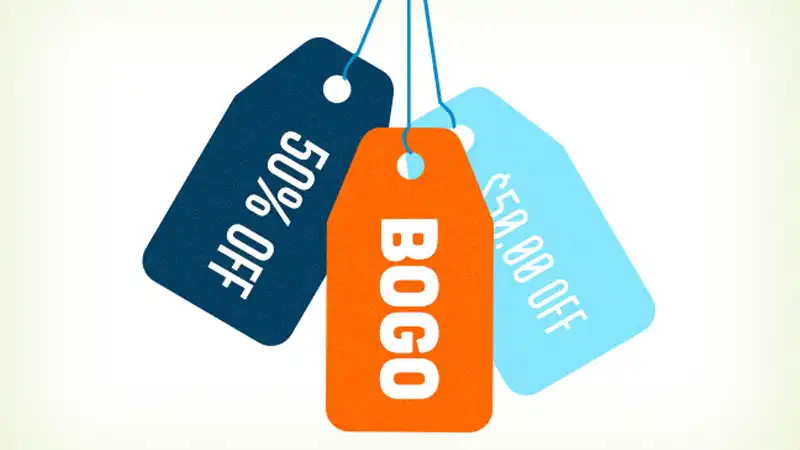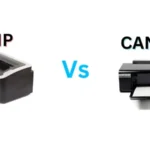Discounts and promotions are more than just numbers on a price tag; they are powerful psychological tools that retailers wield to influence consumer behavior. By understanding the underlying psychology, businesses can optimize their sales strategies and drive increased revenue.
The Allure of the Bargain
The human brain is hardwired to seek value. Discounts trigger a sense of gain, making consumers feel like they’ve secured a better deal. This psychological phenomenon, often referred to as the “deal mentality,” drives consumers to make impulsive purchases. The larger the discount, the more intense the perceived value.
Scarcity and Urgency: The Ticking Clock
Limited-time offers and scarcity tactics create a sense of urgency, compelling consumers to act quickly. The fear of missing out (FOMO) is a potent psychological driver, often leading to impulse purchases. Retailers leverage this by highlighting limited quantities or impending deadlines.
The Anchoring Effect: The Original Price Matters
The original price of a product serves as an anchor point for consumers. When a discount is applied, the perceived value of the product increases. This is why retailers often inflate prices before a sale to make the discount appear more significant.
The Bundle Effect: More for Less
Bundling products together with discounts can increase perceived value and encourage customers to spend more. The psychology behind this is simple: consumers feel like they’re getting more for their money.
The Psychological Price Thresholds
Consumers often have mental price thresholds for different product categories. Discounts that bring prices below these thresholds can trigger impulse purchases. For instance, a discount that brings a product below the $100 mark might seem more appealing than one that merely reduces the price by 20%.
The Role of Social Proof
Consumers often look to others for cues about product value. When a product is discounted and many people are buying it, it creates a social proof effect. This can influence others to make a purchase, even if they weren’t initially considering the product.
The Impact on Brand Perception
While discounts can boost sales, they can also impact brand perception. Frequent or excessive discounts can erode the perceived value of a brand. It’s essential to balance the short-term gains of sales with the long-term implications for brand image.
Ethical Considerations
The power of discounts is undeniable, but it’s crucial to use them ethically. False advertising, misleading discounts, and predatory pricing practices can damage a brand’s reputation. Transparency and honesty are key to building trust with consumers.
Conclusion
Understanding the psychology of discounts is essential for businesses looking to optimize their sales strategies. By carefully crafting discount offers and leveraging psychological principles, retailers can drive sales, increase customer satisfaction, and build long-term brand loyalty. However, it’s equally important to use discounts responsibly and ethically to maintain a positive brand image.
By mastering the art of discounts, businesses can turn potential customers into loyal patrons, creating a win-win situation for both parties.



